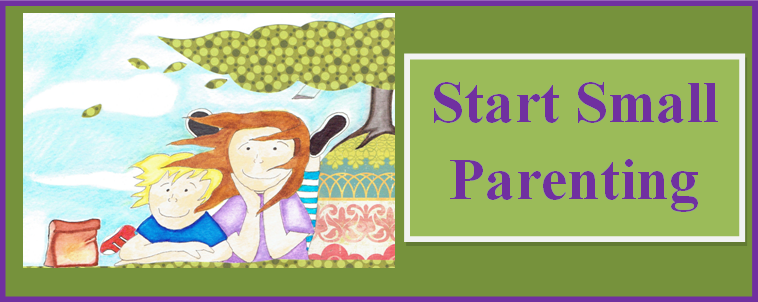
You’ve heard about all the research.
Media kills brain cells.
Children who play video games do worse in school.
Creativity is thwarted by media.
So you limit. You restrict. You answer with a no more often than a yes. There is tension and raised voices. You BATTLE.
A common outcome is for the parent to impose a limit or a punishment onto the child. Isn’t there another way, you ask?
Here are 6 ideas that have helped my husband and I navigate the world of media and have led our child to learning respectful behavior in the arena of media – from the inside out.
1) Limits
We have pre-determined time limits of how long my son can spend in front of a screen. He makes an agreement with us to hold to that amount of time. As he has gotten older, we have adjusted the amounts according to his responsibility around media. We discuss the changes together.
2) Self-timing
We try not to place ourselves in the role of “bad guy” parents. Early on, we wanted my son to take responsibility for the limits. So part of being eligible to do media is our son’s ability to step away easily. We got him an easy-to-use timer. He inputs the allotted time and stops when the timer goes off. If he doesn’t stop, he knows he has to bring us the media device for “safe keeping,” usually a period of a day or two, to help remind him of the importance of following the agreed-upon limits.
2) Consistency
The more consistent and clear we are with the set limits, the better. We attempt to say what we mean and stick to it. This does not mean our decisions are rigid. There are times to be flexible and re-consider. The key for us is an over-all clarity of communication and repetition.
4) Derailing
Your child will sometimes try to derail you with arguments and backtalk as to why he should do more media or stay on longer than agreed. Since we have been consistent and clear about the rules – with the outcome being the loss of the media – he knows that trying to derail us takes away his eligibility.
5) Educational Consequences
Removing the media is not a punishment, even though at first it may look like it is. The removal of media acts as a pattern interrupt of the disrespectful behavior and it gets the child’s attention. Removing the media is also an Educational Consequence. My son is not eligible to have the media because of HIS choice to go against the agreement we’ve made. The educational aspect is the child’s opportunity to make a different choice next time, to show that he has learned the  expected, respectful behavior.
expected, respectful behavior.
6) Embracing Boredom
We are not afraid of the pleading cry of, “I’m BORED!” Great!! What a good problem. Sit back and watch creativity take hold. You’ll be amazed. (See the Boredom is a Gift blog post.)
Limits, Self-timing, and Consistency have been the first steps we took. Creating the Educational Consequence and understanding that this was different than punishment helped both my husband and I see a bigger picture. We were less likely to “lose our heads” by getting upset. It turned out our son did that for us by being upset with his own behavior. Looking inside himself is a first step to making a more respectful choice the next time. It also empowers him to create his own respectful destiny.
How do you handle the limits of media in your household?


My favorite line to Zed when he says he’s bored: You have no idea what a gift that is. (He’s pretty much stopped telling me he’s bored!)